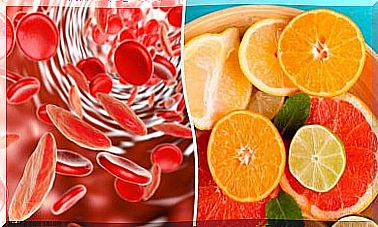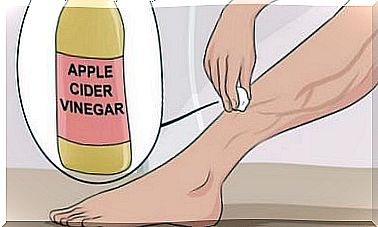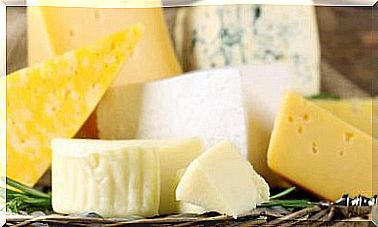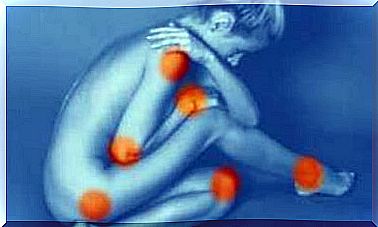Low-calorie Mediterranean Diet: What Do You Need To Know?
The Mediterranean diet is one of the healthiest and most accepted eating patterns in the world. What should you know before adopting a Mediterranean low-calorie diet?
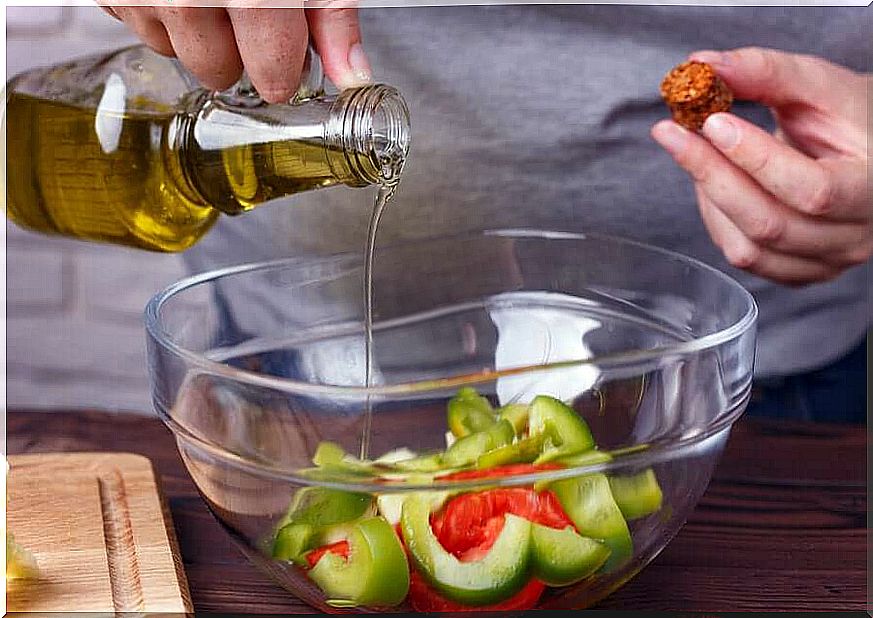
Mediterranean food is a real treasure for our health. In addition, adopting a low-calorie Mediterranean diet has proven advantages. Find out what you need to know to make this diet healthy, effective and enjoyable. Take note !
The Mediterranean diet, a source of health
The benefits of the Mediterranean diet on our health are numerous. Most of them are associated with the prevention of chronic diseases: obesity, type 2 diabetes, cardiovascular disease, high triglycerides and cholesterol, among others.
In recent decades, the Mediterranean diet has been the subject of a large number of scientific studies. Among them, the Predimed study (Prevention through Mediterranean food). In this study, the effects of this diet were studied in a total of 7400 patients who were followed for 5 years.
Predimed-plus, the low-calorie Mediterranean diet
This is the main finding of the Predimed-plus study. It was also observed that patients who followed this dietary model exhibited “improvements in parameters controlling glucose metabolism, their lipid profile and certain markers of inflammation, compared to patients who did not follow this diet” .
These results represent hope for dealing with the increasing rates of overweight and obesity recorded in Spain in recent decades. Sticking to this diet (being able to follow it for a long time) is a key aspect in achieving maintenance of its long-term benefits and actually improving our health.
Now that you know the benefits of the Mediterranean diet, find out how to apply the Mediterranean low-calorie diet.
The 5 key points of the Mediterranean low-calorie diet
A calorie restriction cannot be done to the detriment of the quality of our diet or the balance of macronutrients. In addition, it is important to keep the fundamental principles of the Mediterranean diet so as not to lose its benefits.
To avoid making mistakes that can be detrimental to our health, here are the 5 basic tips. Your Mediterranean low-calorie diet will then be a success.
1. Vegetables, the protagonists of all meals
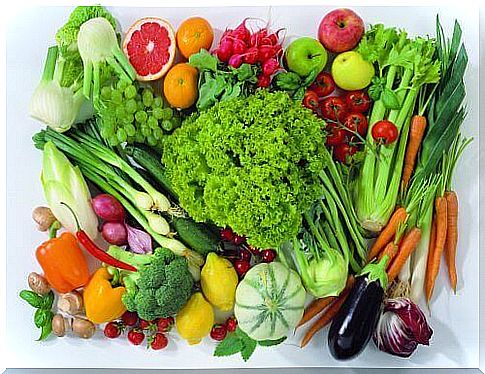
Vegetables, green leaves and fruits are an immense source of antioxidants, fiber and valuable vitamins. These nutrients help us prevent cardiovascular disease and other health concerns.
During the Mediterranean low-calorie diet, vegetables should be the basis of the diet.
A good tip not to escape it: eat a salad or some grilled vegetables as a starter. They are light and help us hydrate and eliminate fluids. In addition, if they are well chewed, they offer a satiating effect thanks to the fibers they contain.
There are many vegetables with which you can prepare salads and other varied dishes. Here are some options:
- Tomatoes
- Lettuce
- Carrots
- Peppers
- Onions
- Mushrooms
- Cucumber
- Spinach
- Endive
- Radish
- Celery
- Squash
- Courgette
- Eggplant
However, you have to pay attention to the extra ingredients. Indeed, if we add a lot of cheese, tuna, corn, olives or pasta, it is no longer a low calorie dish.
2. Nutritious breakfasts
To follow a Mediterranean low-calorie diet, it is not necessary to eliminate a meal. For breakfast, it is possible to opt for a toast of wholemeal bread with tomatoes and olive oil, accompanied by a little ham, tuna or a slice of cheese.
Another very healthy option is to prepare a bowl of yogurt or natural kefir with fresh chunked fruit as well as a handful of dried fruit.
In all cases, white bread, cereals, cakes or soluble cocoa should be avoided. These foods generally contain large amounts of sugar. And, although they are appetizing, they are not filling.
3. Eggs, pulses and fish: sources of protein
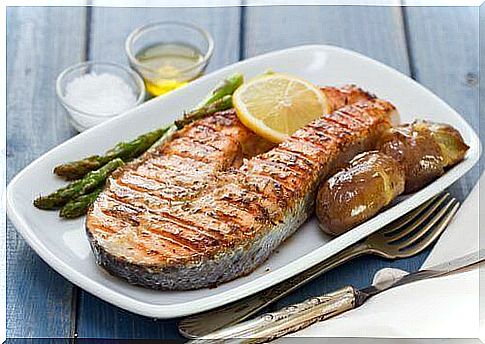
To accompany vegetables, it is best to choose a source of quality protein. Blue or white fish as well as eggs are low calorie foods that can be cooked healthily. On the other hand, foods rich in protein have a satiating effect that keeps us full for longer.
We can cook fish in the oven, grill or steam. Then season them with spices or fresh herbs to add extra flavor. Regarding eggs, hard-boiled or omelet are the best options.
On the other hand, legumes also provide excellent protein, in addition to fiber and minerals. They have always been part of the Mediterranean diet. Unfortunately, their consumption is being lost. This is why it is essential to recover it because it is extremely beneficial for our health.
We can add them to a salad two or three times a week and thus obtain a complete and nutritious dish.
4. Fat, always present in the diet
Fat is one of the nutrients that provide the most energy in our food. But they are also an essential nutrient for the proper functioning of our body.
Even in the case of a low calorie diet, it is not advisable to eliminate fat. Rather, it’s about making a good choice and not overdoing the quantities.
The extra virgin olive oil is one of the healthiest fats that we can find. It is therefore ideal for cooking and seasoning dishes on a daily basis. Thanks to this oil, you can prepare delicious homemade dressings with lemon or orange juice, vinegar and fresh herbs.
Dried fruits also provide healthy monounsaturated fats. They also have a satiating effect and offer a large amount of fiber, ideal for regulating intestinal transit. A handful a day for breakfast or afternoon tea is sufficient. It is best if they are raw or roasted. No frying, with salt or special cocktails for the aperitif.
5. Healthy, light foods between meals

If you are one of those people who needs something to eat in the middle of the morning or afternoon, or you know that you are going to be going without being able to eat for a long time, it is important to plan ahead. Otherwise, you might be tempted to eat the first thing on hand which is not often a good option.
Anticipating the situation and preparing something light is the best idea to avoid breaking the low calorie Mediterranean diet. Fresh fruit, a handful of dried fruit, natural yogurt, or a few sticks of vegetables with hummus are great options.
You now have all the cards in hand to apply this low-calorie Mediterranean diet. We advise you, of course, to accompany it with physical exercise and good lifestyle habits.


